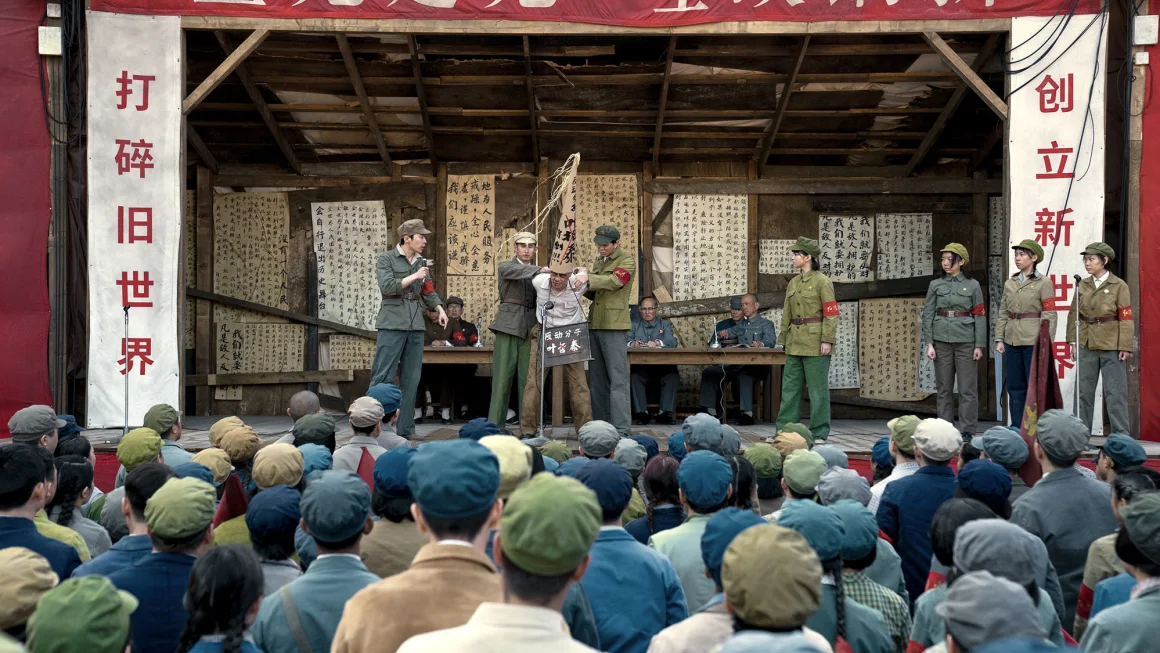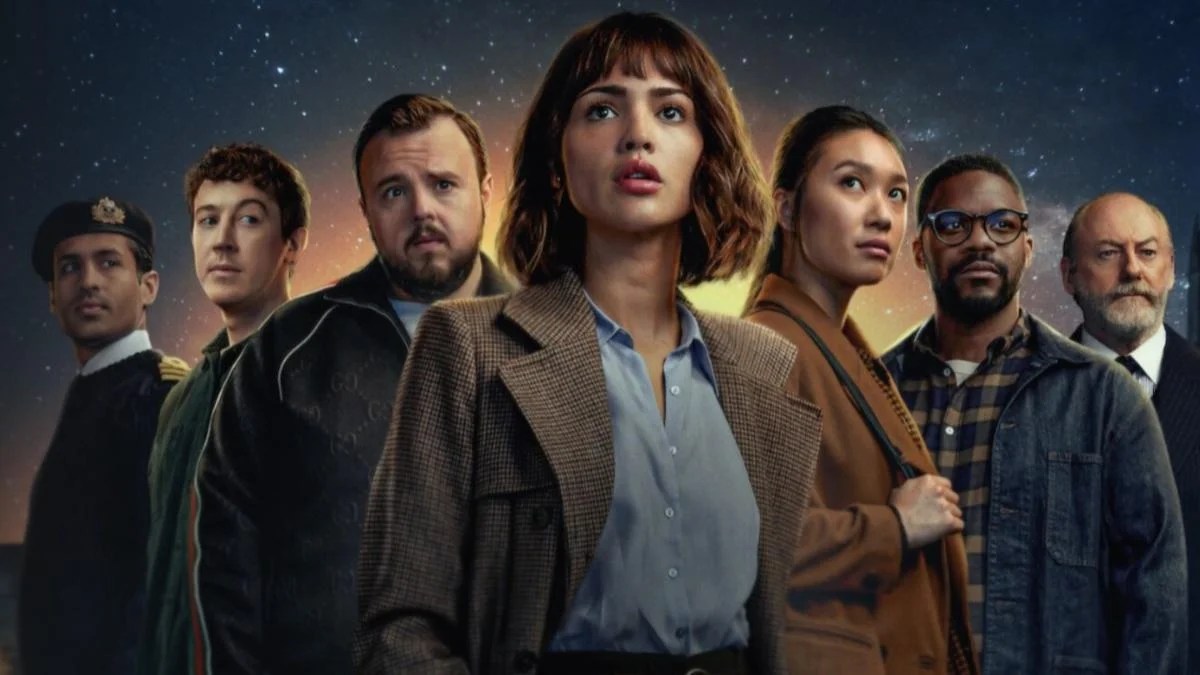The problem with Netflix’s Three-Body Problem
It represents the chowmein-ification of Chinese culture
(Photo: Netflix)
How many modern Chinese books, TV shows or films do you count among your favourites? Perhaps
Crouching Tiger, Hidden Dragon comes to mind, or maybe
Crazy Rich Asians, or Jung Chang’s
Wild Swans. If you don’t have many more beyond that, I don’t blame you. For many reasons (not least the Chinese Communist party’s Big Brother approach to anything resembling disruptive creativity in the arts), stories from Chinese writers rarely break through in the West. Sometimes it’s a question of budget; sometimes one of taste; and sometimes it comes down to language, where the often-playful nuances of Chinese are simply lost in translation.
That’s what makes the science fiction trilogy
Remembrance of Earth’s Past so remarkable. You might know it by a more famous name:
The Three Body Problem. Written by the Shanxi-born novelist Liu Cixin, the story begins with a string of mysterious and gruesome suicides of physicists around the world. Over the course of the trilogy, Liu sketches a dark and grand universe, tackling some of science’s most philosophical questions: such as, if the universe is so big, why haven’t we come across any aliens yet?
The books found huge success in a Chinese market increasingly hungry for fiction, before going international. In 2021, Netflix began production on a $160 million adaptation, its most expensive first season. Netflix was directly competing with the Chinese tech giant Tencent, who
released a much lower budget adaptation last year (roughly $10 million).
Netflix’s version was released last week, but it has flopped. I can hazard a guess why.
Netflix has judged that its viewers would only want to watch something with a cast that would tick most of the boxes on a diversity and inclusion checklist. So the writers chopped and changed Liu’s mainly Chinese cast of characters to include a young female Latina entrepreneur in nanotechnology; a black physics research assistant; an Indian army officer and two token Brits. And who are these writers? Only David Benioff and D.B. Weiss, who screwed up the final season of HBO’s
Game of Thrones five years ago.
England’s forgotten Easter traditions
The blatant wokery need not have been jarring, but it was so poorly done. The storylines that Benioff and Weiss have added themselves are almost always one-dimensional and dumbed down, geared towards a cheap laugh. In one scene, two young female scientists bat off a flirty stranger by stating their job titles using long words designed to sound sciencey (‘I design self-assembling synthetic polymer nanofibers’, one says, ‘I’m a senior researcher in the Theoretical Physics group. I’m doing a metastudy analysing the results of particle accelerator experiments around the world’, says the other). The implication was that he was a misogynistic pig for even daring to say hi.
The story has also been rewritten so that it now happens in the UK, not China. Not because filming was impossible inside China (they filmed in Tibet and Shenzhen) but because the writers seem to think that a story unfolding in a foreign place with a foreign language would be too difficult for the western audience. The popularity of South Korean films and shows (
Parasite,
Squid Game, etc) should surely have disabused TV studios of that assumption by now. Boon Jong-Ho, the director of
Parasite, once mocked the ‘one-inch tall barrier of subtitles’. Benioff and Weiss still don’t seem to be over that hurdle.
For some Chinese fans like myself, this particularly feels like a missed opportunity.
Remembrance of Earth’s Past was important to us not just because it was a good story, but because it demonstrated that Chinese writers could be just as creative and free-minded as their western counterparts. Liu’s books managed to break through that great linguistic and cultural wall, and the Netflix contract was an opportunity to bring it even more into the western mainstream. Instead, the adaptation was de-Sinicised, and defanged as a result. On Chinese social media, one commenter compared it to ‘General Tso’s chicken’, an ersatz Chinese dish catering to western tastes.
The result is a show that feels schizophrenic, veering in quality between scene to scene. In the moments where the adaptation sticks close to Liu’s original narrative, the characters are sophisticated and the Mandarin dialogue authentic, such as the opening scene where a protagonist watches her father being beaten to death by teenage Red Guards. In the parts where Benioff and Weiss have freelanced, it’s a different show entirely, a cheesy murder mystery with a crew of beautiful but brilliant heroes, perhaps a live-action spacey Scooby Doo.
Viewers who haven’t read the books might not understand why the show feels so bland and flat. The truth is that the Netflix adaptation does as much justice to Liu Cixin’s universe as chow mein does to real Chinese food. If you can get past the one-inch tall barrier, Tencent’s rather good adaptation is available on YouTube. And for the real connoisseur, just go straight to the
books. You won’t regret it.
The Chinese version can be watched for free on YouTube:










